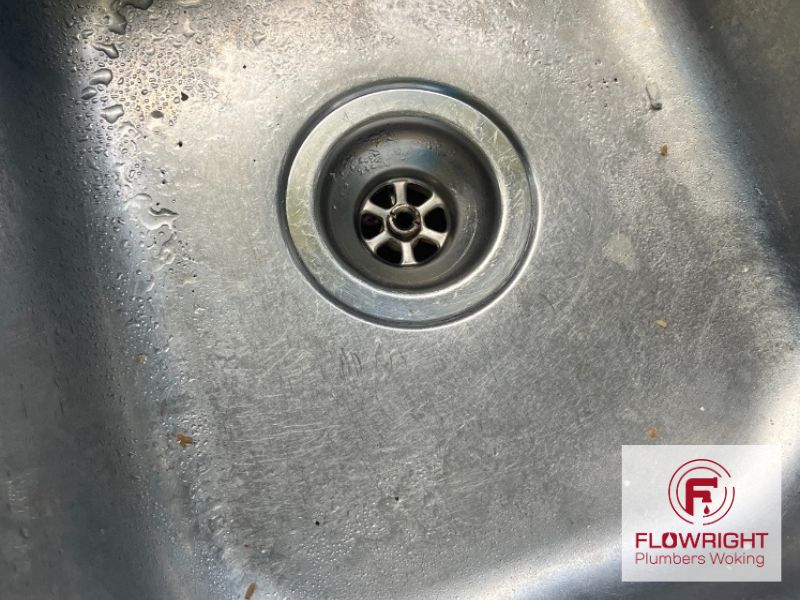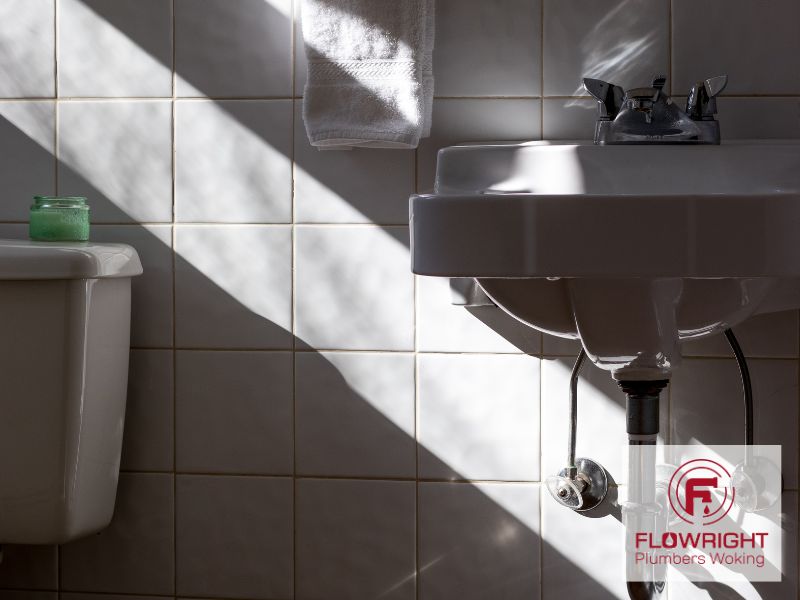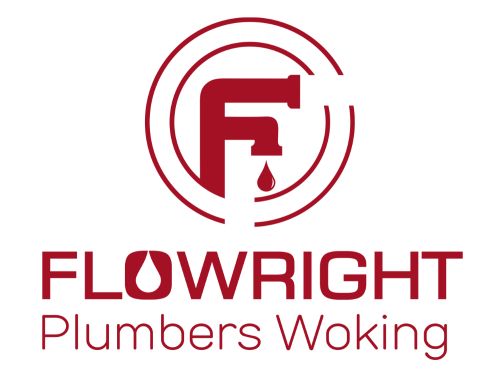Are you prepared to accept the challenge of installing a boiler on your own? You can confidently manage your home’s heating system, just like a skilled craftsman using their tools. This advice is specifically tailored for DIYers in the UK who are eager to install their own boilers.
Before delving into the complexities of the installation process, it is crucial to assess your skills and knowledge. Gathering the necessary tools and materials will ensure your success.
Safety should be a top priority when dealing with boilers. We will guide you through the essential safety guidelines and regulations to protect yourself and your property.
Planning and setting up your workspace are crucial steps in ensuring a smooth installation process. We will provide detailed instructions on how to create an efficient work area.
Now it’s time to get down to business! In our step-by-step installation process, we will guide you through each stage, empowering you to become your own heating engineer. Let’s dive in and embark on this rewarding journey together!
Evaluate Your Skills and Knowledge
Do you believe you have the necessary skills to attempt a DIY boiler installation? Before taking on the project, it is important to assess your abilities and acknowledge any limitations.
Installing a boiler requires technical knowledge and precise execution. Start by evaluating your understanding of plumbing and heating systems. Have you had experience working with pipes, fittings, and valves? Familiarize yourself with the specific requirements for installing a boiler in your area, as regulations may vary.
Additionally, consider the complexity of the task. Are you comfortable handling electrical components or gas connections? It is crucial to be honest about your capabilities and know when specialized assistance may be required.
Remember, safety should always be a priority when undertaking any DIY project, including boilers or other potentially hazardous equipment.
Gather the required tools and materials
Before starting your project, ensure that you have all the necessary tools and materials.
When choosing a boiler, take into account factors such as the size of your property, the demand for hot water, and energy efficiency ratings. Carry out thorough research and seek advice from experts to make an informed decision.
Furthermore, it is crucial to have appropriate ventilation for safe operation. Examine local building codes and manufacturer guidelines to determine the most suitable venting system for your type of boiler, which may include flue pipes, vents, or air intake systems. Inadequate ventilation can lead to the accumulation of carbon monoxide and other dangerous conditions.
Always prioritize safety by carefully following instructions and seeking professional assistance if necessary.
Follow Safety Guidelines and Regulations
Ensuring compliance with safety guidelines and regulations is crucial for successfully navigating the installation process of a boiler. DIY enthusiasts may be tempted to undertake the task themselves, but it is vital to comprehend the potential risks associated with doing so.
Disregarding safety guidelines can result in severe accidents or even damage to your property. Prior to commencing the installation process, it is essential to acquaint yourself with local building codes and regulations, and ensure that you have obtained all the necessary permits and inspections.
By adhering to these safety guidelines and regulations, you can complete your DIY boiler installation while safeguarding yourself and your home.
Plan and prepare your workspace.
Create a well-organized and spacious workspace to ensure easy access to all the necessary tools and materials for your boiler installation.
Having a tidy workspace is crucial for the success of any DIY project. Start by tidying up the area and removing any obstacles that might hinder your work. Keep your tools within reach and place them in a convenient location. Consider using tool organizers or pegboards to keep everything neat and easily visible.
Safety should also be a top priority when setting up your workspace. Make sure there are no flammable materials nearby and ensure proper ventilation to prevent the accumulation of hazardous gases. Additionally, install adequate lighting in the area to avoid accidents and mistakes caused by poor visibility.
By preparing and organizing your workspace, you can create a secure and efficient environment for your DIY boiler installation project.
Step-by-Step Installation Process
With an organised and well-prepared workspace, you can easily navigate through the step-by-step installation process of your boiler, transforming your project into a successful endeavour.
To ensure success, here are some installation tips to keep in mind. Follow the manufacturer’s instructions closely and consider any other resources available. Ensure that all components are connected firmly and correctly placed. Pay close attention to electrical connections, having them installed safely by a qualified electrician.
Also, inspect common issues such as leaks or low pressure during the installation process. Fixing these issues right away will prevent any future issues with your boiler.
By following these installation tips and dealing with common problems along the way, you can confidently tackle your DIY boiler installation project while maintaining safety and efficiency throughout the process.
Frequently Asked Questions
Can I install a boiler myself if I have little to no plumbing or heating experience?
Installing a boiler without any plumbing or heating experience can be dangerous. It is important to prioritize safety measures, as any mistakes could result in hazardous problems like gas leaks or carbon monoxide poisoning. Hiring a professional plumber offers numerous advantages, including their expertise and knowledge in handling complex installations. They ensure proper connections, ventilation, and compliance with regulations, providing you with confidence that your boiler is installed correctly and safely.
Are there any specific building regulations or permits required for DIY boiler installations in the UK?
To legally carry out DIY boiler installations in the UK, it is important to follow building regulations and obtain the required permits. These regulations establish safety standards and guarantee proper installation, minimizing the risks of carbon monoxide leaks or fire hazards. Permits are necessary for certain aspects of the installation, such as connecting to gas mains. Complying with these regulations and obtaining the necessary permits is crucial for a secure and successful DIY boiler installation project.
What are some common mistakes to avoid during a DIY boiler installation?
Common mistakes to avoid during a DIY boiler installation include incorrectly sizing the boiler for your home’s heating requirements, not following safety protocols such as turning off the power and gas supply before beginning work, and failing to correctly connect the pipes and fittings.
It is crucial to carefully read and understand the manufacturer’s instructions, and also to research any relevant building codes or regulations. By taking these steps, you can ensure a safe and successful DIY boiler installation.
How long does a typical DIY boiler installation take from start to finish?
The average time for a DIY boiler installation is approximately 1-2 days, depending on your experience level and the complexity of the system. However, if you have the necessary tools and a clear plan, you can complete the installation efficiently.
Make sure you have a pipe cutter, wrenches, pliers, and a multimeter to test electrical connections. It is important to follow safety guidelines and refer to the manufacturer’s instructions for specific requirements at each step of the process.
Are there any ongoing maintenance tasks that I should be aware of after completing a DIY boiler installation?
After finishing a DIY boiler installation, it is advisable to have your boiler serviced once a year by a plumbing contractor. Regular maintenance guarantees that the boiler is operating at its best and is safe.
Unusual sounds, reduced heating performance, and frequent system failures indicate that the boiler may require repairs. It is crucial to promptly address these issues to prevent additional damage and prolong the lifespan of the boiler.
Safety should always be the utmost importance when dealing with boilers.










